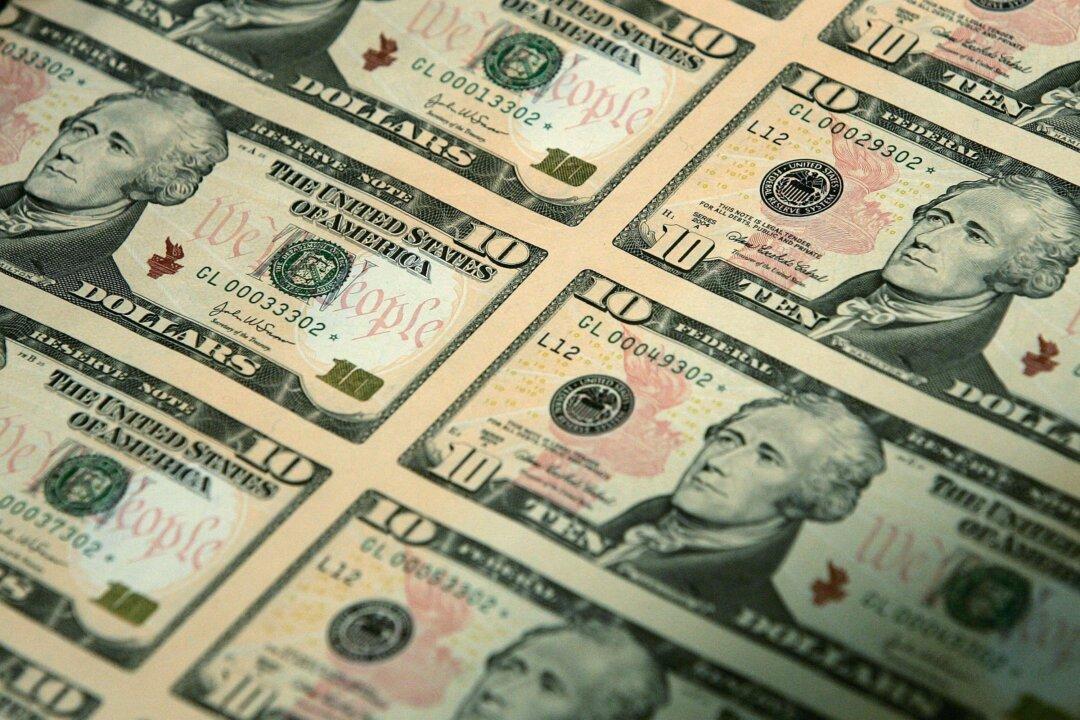WASHINGTON—Harriet Tubman? Eleanor Roosevelt? Rosa Parks?
Speculation is rising over which American woman will be chosen to grace the $10 bill, which has featured Alexander Hamilton since 1929. The answer will come sometime after Treasury Secretary Jacob Lew considers suggestions from anyone who wants to offer one—through town hall meetings or online.
Whoever is chosen by Lew will be the first woman to appear on U.S. paper currency in more than a century.
The bill’s actual design won’t be unveiled until 2020, the 100th anniversary of the passage of the 19th Amendment giving women the right to vote.
Treasury has created a website—www.thenew10.treasury.gov—for Americans to submit suggestions. The public can propose both, which woman should be chosen and which symbols of democracy should be included in the redesigned bill. Comments can also be submitted on Twitter using the hashtag #TheNew10.
“We are asking the American people to tell us what democracy means to them,” Lew told reporters. “Their feedback will shape what the new bill will look like.”
The first information sessions will be in Fort Worth, Texas, on June 24 and Washington on July 15 at the two printing facilities that the Bureau of Engraving and Printing uses to produce the nation’s paper money.
The effort to put a woman on the currency began as a grass-roots effort with a group known as Women on 20s launching a petition campaign to urge President Barack Obama to replace Andrew Jackson on the $20 bill with a woman.






